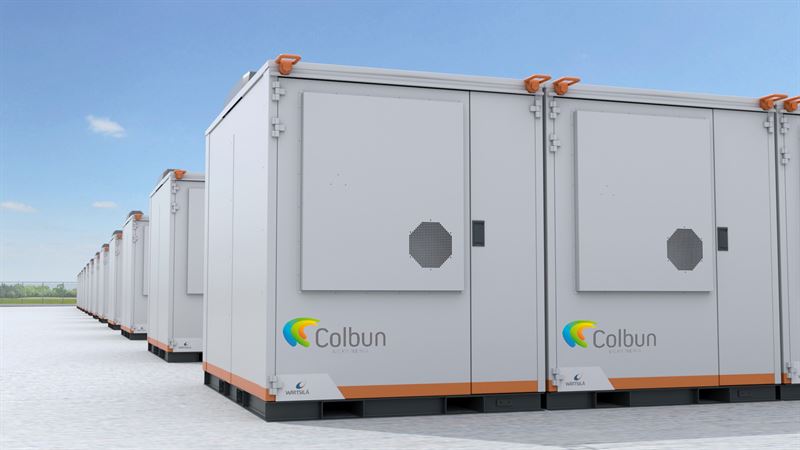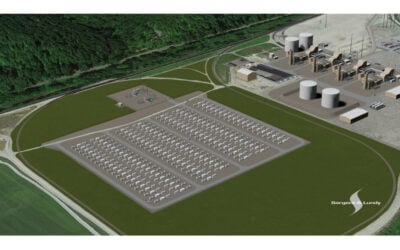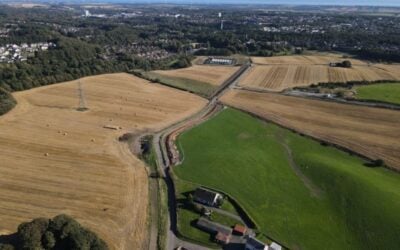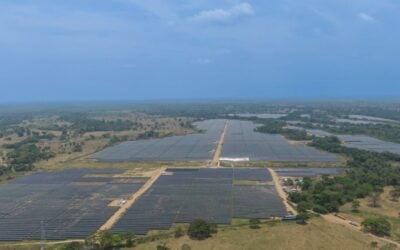
Energy technology company Wärtsilä has announced battery energy storage system (BESS) projects in two new markets for the company, with orders from customers in Chile and Belgium.
In Chile, an 8MW / 32MWh BESS supply deal for power generation company Colbun will actually be Wartsila’s first in South America, although the company has delivered numerous thermal engine power plant solutions in the region, including a recent project announcement in Brazil.
Enjoy 12 months of exclusive analysis
- Regular insight and analysis of the industry’s biggest developments
- In-depth interviews with the industry’s leading figures
- Annual digital subscription to the PV Tech Power journal
- Discounts on Solar Media’s portfolio of events, in-person and virtual
The BESS will be colocated with Diego de Almagro, Colbun’s 230MWp solar PV farm in Chile’s Atacama Desert region, widely known as the sunniest place on earth. The BESS is expected to be operational in Q4 2022 and Wärtsilä will carry out engineering as well as equipment delivery.
Wärtsilä’s GridSolv Quantum fully integrated, modular energy storage system solution will be used, together with the company’s GEMS Digital Energy Platform which will manage its operation and co-optimisation with the solar farm.
The GEMS platform will use machine learning and data analytics to calculate and forecast the optimal dispatch and charging periods of the BESS.
As well as helping Colbun make its first investment into the renewables-plus-storage space and reduce its reliance on carbon emitting energy sources, the batteries will help manage transmission network constraints on the solar farm’s output. Shifting energy from daytime when solar generation is abundant to evenings and night times will mean fewer hours of curtailment for the PV plant.
It will also provide frequency response and firm capacity to the local network during peak demand periods.
Chile’s energy storage sector got a boost during COP26 when the country’s government announced a US$400 million partnership with US power project company AES to deploy 188MW of new battery storage.
A few days ago, Wärtsilä said it had received a supply order for a 25MW / 100MWh BESS project in Belgium, Europe. The company was not able to reveal terms of the deal or the name of the customer under its contract.
However, Energy-Storage.news did report recently on the award of long-term capacity market contracts in Belgium to two 25MW, four-hour duration (100MWh) new-build battery systems under the country’s new Capacity Remuneration Mechanism (CRM).
Wärtsilä also just got started on work ahead of construction for one of Australia’s largest BESS projects to date, a 250MW / 250MWh project at Torrens Island Power Station in South Australia for customer AGL, one of the country’s biggest electricity generator-retailer companies.






